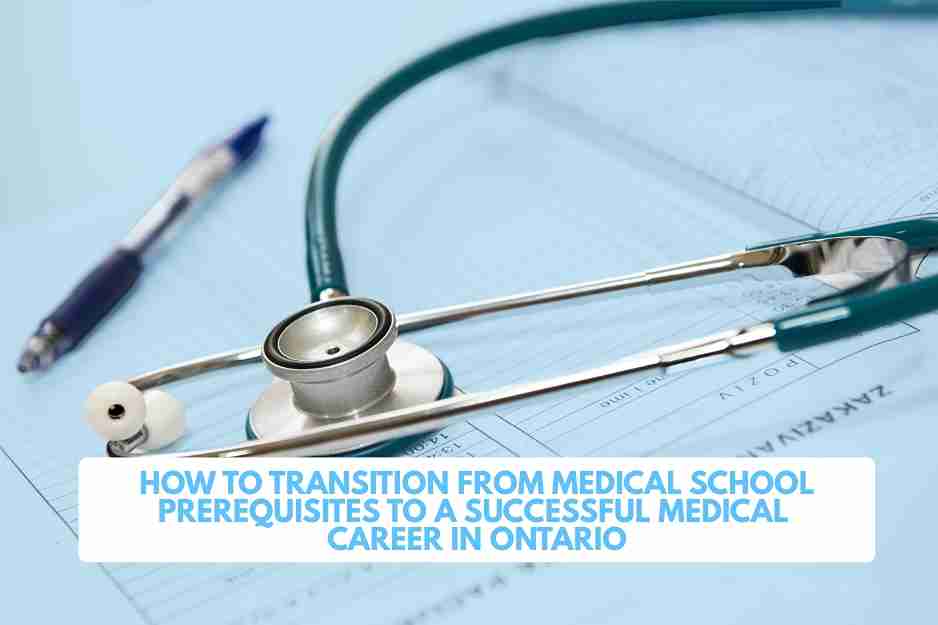Personal statements are an extremely important component of many medical schools’ admissions processes. This is because essays are one of the few aspects of the application where the applicant can shed light on who they are as a person and their preparedness for medicine outside of academics. It’s your chance to show the committee how amazing, genuine and passionate you are for a career in medicine. Suffice to say, it’s important, and you should take it seriously.
Most medical schools require one long essay while most secondary applications are a series of short essays. Some medical schools (in Canada) don’t require essays at all. Usually the topic of the essay will revolve around why you want to pursue medicine, how you have prepared for it, and discuss various experiences in your life that show you are developing the necessary personal and professional skills.
If the medical school you are applying to does require an essay, there are some key things to keep in mind, which we will cover here.
Start Early
This will be the most important essay advice you ever read. Start early. You can’t write a good 1000-word essay in one night. No one can. Serious about medical school? Then take the essay seriously. Give yourself at least a month to write it.
Have a Theme
What is the point of your essay? What message are you trying to get across? A good essay always has a theme, and everything you write must justify that theme.
Maybe your theme is “I want to be a pediatrician because I love working with kids”, then everything you write should be about how you developed an interest in working with kids, what you currently do, and how that is leading you to pediatrics. If your theme is “I am fascinated by medical research and applying that in the care of patients” then talk about your research experiences, and how you’ve seen research translate to patient care.
Have a theme, and make it very clear. This will make your essay very strong and believable.
The Hook
One of the hardest parts of writing an essay is the introduction. If you are writing a longer essay (1000 words), draw your reader in with an exciting “hook” or interesting introduction. Ideas including using a short interesting story, a famous quote, or just an interesting line of thought. If, however, it is a shorter essay (200 words), there is no space for that and you should dive straight into the topic.
Clear and Concise
At the end of the day, you are applying to medical school, not a literary arts program. The content of your essay, and getting it across clearly and easily to the reader, is much more important than being able to write as well as an English literary major.
When you have to write a short essay (200 words), it becomes even more important to write clearly and concisely. Focus less on fluff and more on getting your point across. Be straight to the point – you’d be surprised how hard it can be to write everything you want to say in 200 words. Fluff will just make it more difficult.
With a longer essay (1000 words), you have a bit more room, but you still don’t want to bore the reader with unnecessary details. Be interesting, but be relevant. Also, with longer essays, several concisely laid out ideas/experiences (e.g. 5-6) is better than fewer, longer and overly detailed ideas/experiences (e.g. 2-3).
Have Evidence
Always have evidence, experiences and activities to back up what you say. If you say you have good leadership skills, then you should be briefly describing the experiences to prove that. If you say you have explored health care, then you better talk about that clinical or volunteer experience. Real experiences will make your essay more real to the reader.
Conclusion
If it’s a short essay (200 words), then your conclusion is one sentence. If it’s a longer essay (1000 words), your conclusion should be 2-3 sentences. The point of the conclusion is to tie up everything, and clearly state your message/theme to the reader now (because it should now be quite clear what your theme was).
Don’t Go Overboard
Students always ask “is it okay if I’m over by 5 words? Would anyone even notice?” Our advice: just don’t go over the word count. If it says 1000 words, then write 1000 words. Better safe than sorry.
Feedback
Get feedback from people you trust to make your essay better. Whether it be your English professor or English major friend to help with grammar and style, or a 1st year medical student who used to be in your lab to help with ideas and content, get feedback. In fact, we have been asked by some admissions committee members to share tips on essay writing and the importance of getting feedback. Some committee members were given a collection of poorly written essays and the honest truth is that they felt their valuable time was wasted. Many of the members are medical students, residents, and staff physicians who volunteer their time out of a busy schedule to select the best students. However, in some cases where the quality of the essays were ubiquitously poor, they had to painfully change the task to eliminating the worst candidates.
Just because you get feedback doesn’t mean their advice is best – at the end of the day, you need to decide what will make your essay better. Don’t just blindly accept feedback. Think about it. You need to submit an essay you are proud of and believe in. You need to submit an essay that best reflects your ability.
If you take all of this advice into account while writing your essay, we are confident you will put together an amazing piece of work. Good luck!


